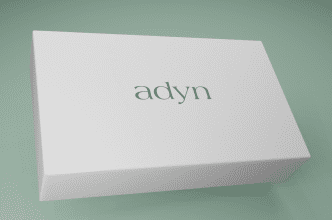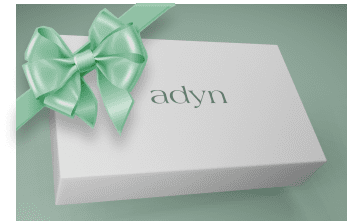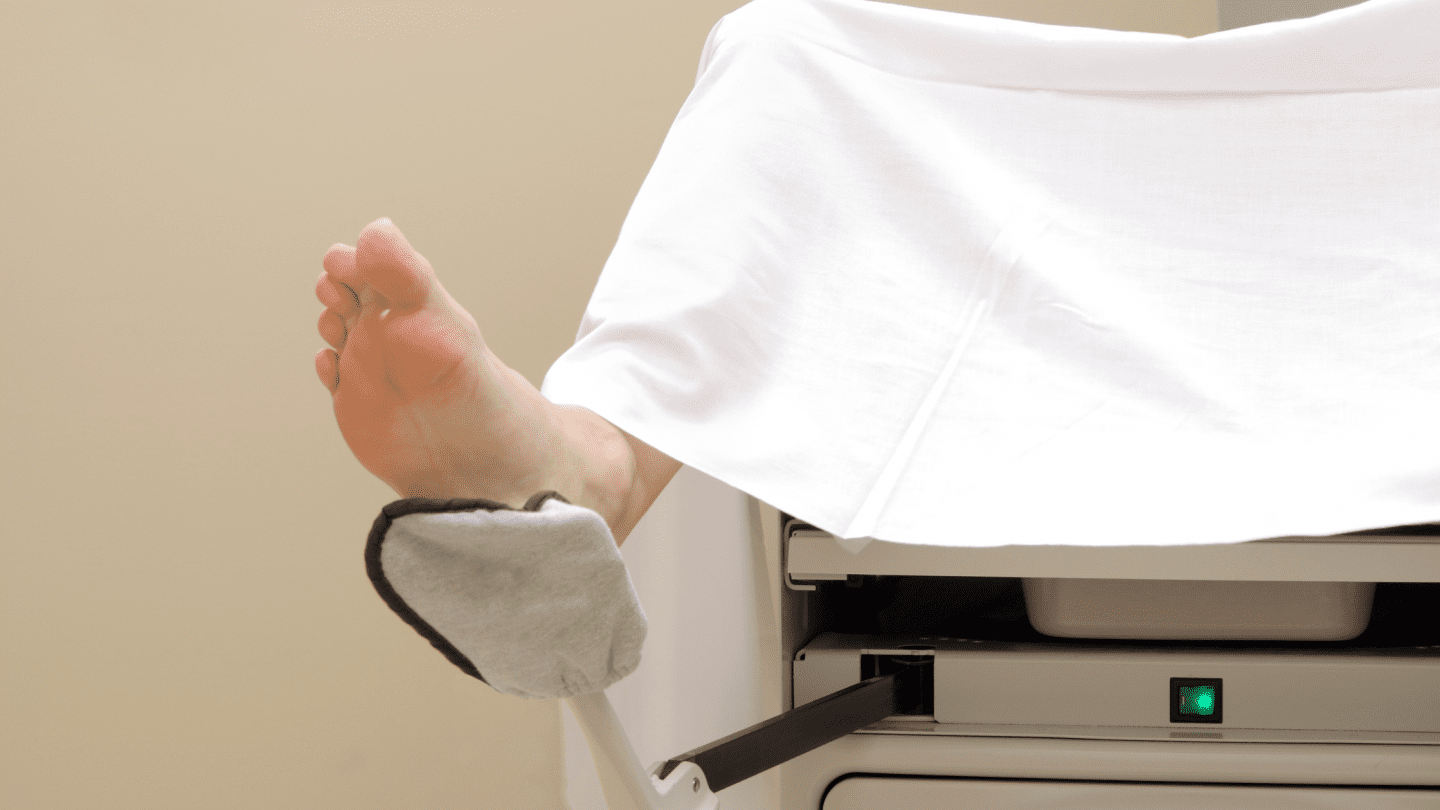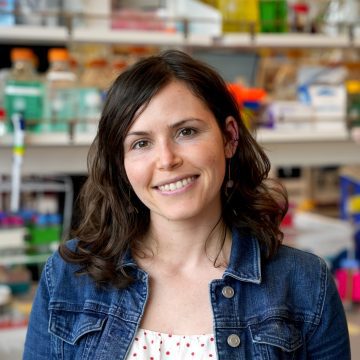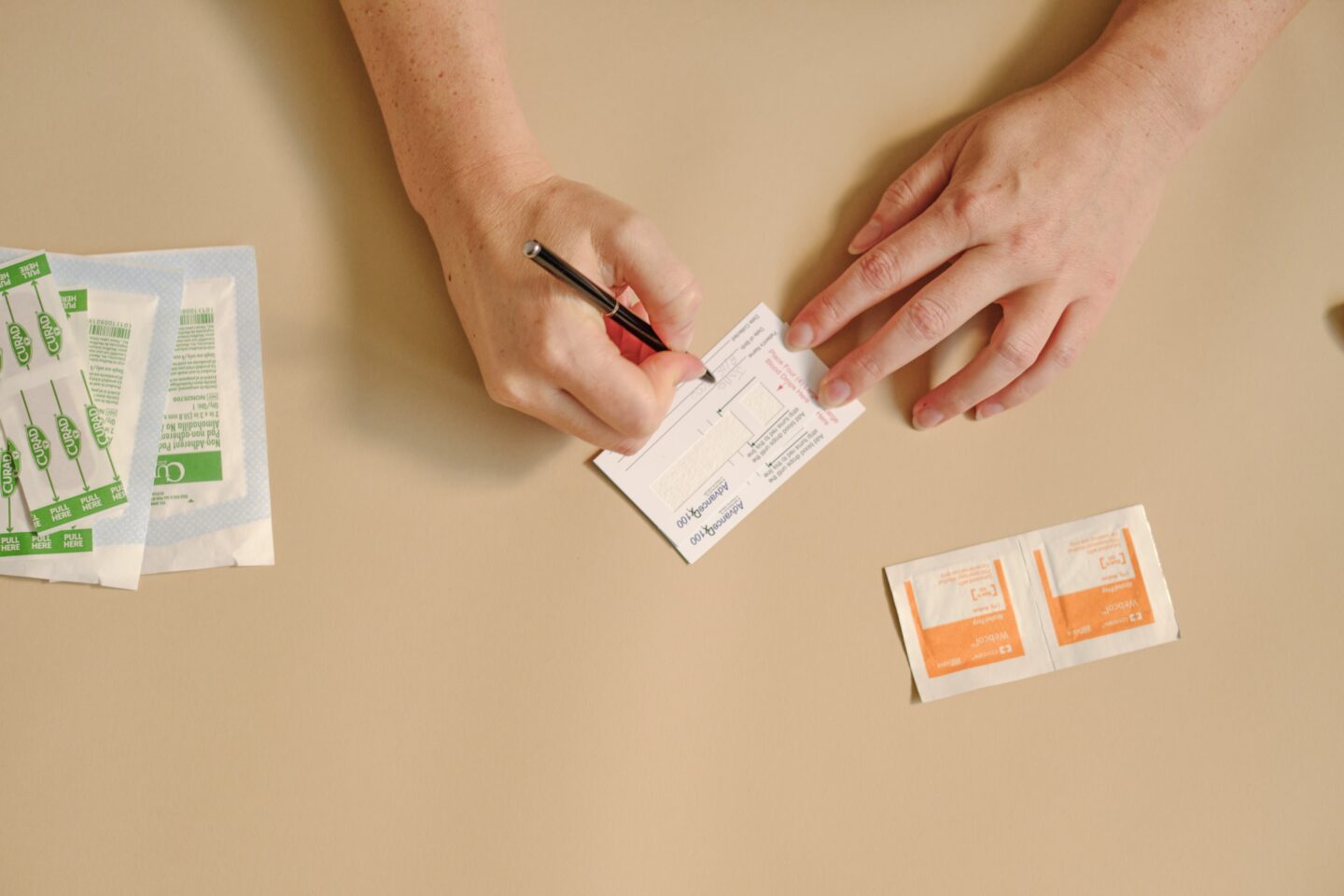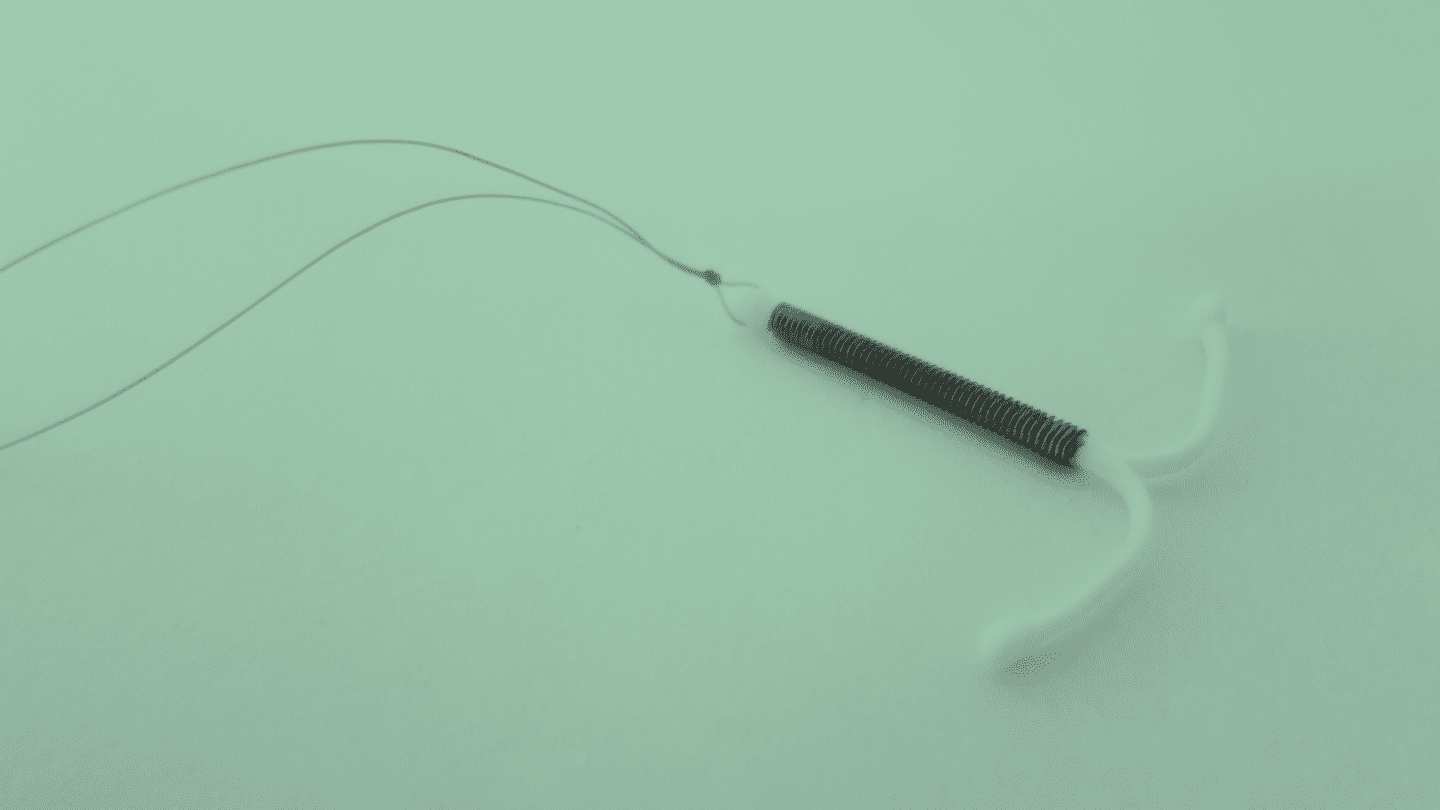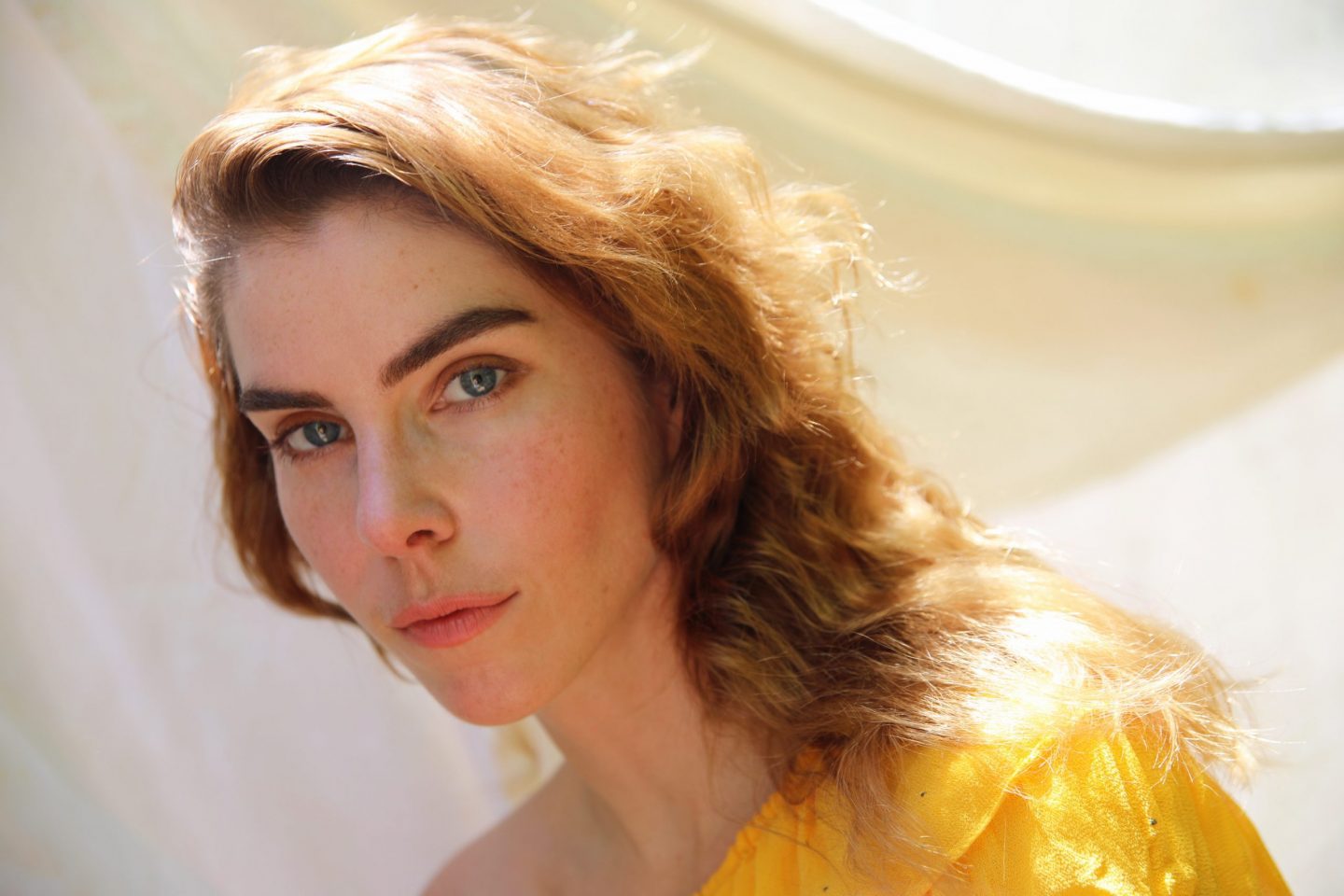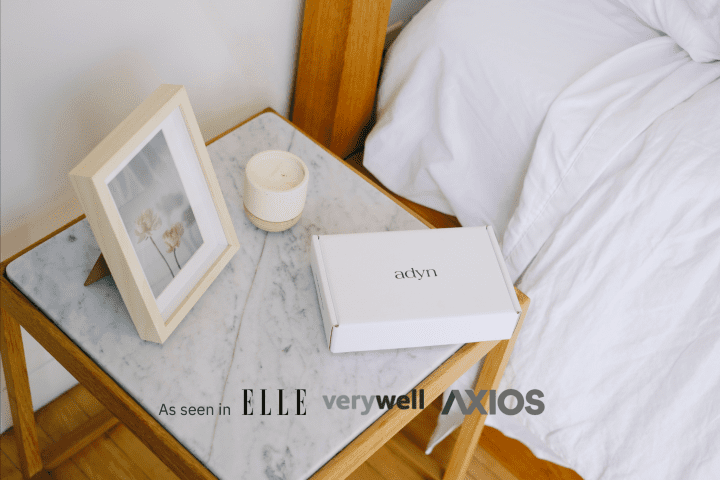I first got my period when I was 13 years old. I ran around the house screaming, “I am a woman!” I remember even asking my mom if tampons felt good – you know, in the way that a penis can feel good. And that’s what most of my teen years were: hormones, emotions, angst, a couple pimples but nothing seemingly out of the ordinary. I moved out of my parents’ house when I was 17 years old and got a job working at a fast food restaurant. Pretty soon, I was on the standard American diet – cheeseburgers and fries everyday.
I was also smoking and drinking beer – to keep up that “cool girl” persona who can hold her liquor and hang with the boys. And at 19 years old with a steady partner, I took up the pill.
The first problem was that I was never great at remembering to take it every single morning. The second was that my few teen pimples had morphed into something more chronic and I always found a steady stream of acne on my chin. A few months later, I found myself wanting to puke at just the sound of someone saying they wanted onions on their burger. And when I sat in the break room, crying to a coworker about how I didn’t understand why I was feeling so sick, it hit me like a brick wall that I was most likely pregnant. And I was. I found out at 11 weeks and had a surgical abortion a week later.
I’ll put it plainly – for me, abortion sucked. Picture a line of women being pushed down a factory line like cattle. One in, one out, over and over. Then after a lot of pain and discomfort, the doctor moves on to his next cattle, and the nurse forces you up and pushes you into a room filled with cubicles with sheets for walls. Tears streaming down your face, they hand you a ginger ale, and give you 10 brief minutes to compose yourself. Then with a light hand on your back, they guide you to the exit door. The first thing I did when I walked out was push myself into my partner’s arms. On the way home, he and his brother treated me with a Jumbo Jack cheeseburger, a heating pad, and ibuprofen – ironically, the same antidote to soothe period pain. But I’ve known women who were alone and had to catch the bus home as if it were just another day.
I stopped the pill after that and then at 21 years old, fed up with my weight gain, persistent acne, and dead end job, I moved to Washington state to live with my parents and pursue my bachelor’s degree. At 23 years old, I met another partner and got on my first hormonal IUD, LILETTA.
At first, a hormonal IUD seemed like a dream. No daily pills, a “localized” that would only affect my , and freedom from my monthly periods, which were horrendous.
Before, I bled so much that I must have gone through a 24-pack of tampons every month (not tax-exempt by the way) and one time while driving, I had to pull over and take deep breaths due to the feeling of someone twisting a knife in my lower abdomen. So, I was pretty thrilled about not having periods anymore. But over the next 3 years, my acne exploded, I started experiencing night terrors and sleep paralysis, and had my first experience with bacterial vaginosis.
Let me just say that acne is terrible – people look at you like you don’t wash your face and even worse, they ask if you have tried this or that. “Yes, I did try all of that. And you know what else? I never asked you for your advice.” The first thing my dermatologist prescribed was antibiotics (as if we are not overusing them already and creating drug resistant bacteria). Then they gave me a retinoid-based cream, which after 3-4 months of my acne getting much worse, finally cleared up. But then it came back with a vengeance. Enter Accutane. Accutane is no cake walk. When I took it, my eyes were red and dry all the time, my hair thinned, my joints ached, and every month, I had to sign a form stating that I was on two forms of because of the birth defects caused if you ever get pregnant while on it. Fortunately, I was lucky that one round did the trick.
Like what you’re reading? Get the latest straight to your inbox 💌
I’ve known women who have been traumatized by an experience with bacterial vaginosis. When it first creeps up, you just notice a scent and if it’s your first time (like it was mine), you have no idea what it means. Thoughts come to mind: “Why is this happening? Am I dirty? What am I doing wrong?” Suddenly, you’re obsessed with fancy soap that’s pH formulated, you carry special wipes in your purse for a little freshening up during the day and you think that no one else smells it … but they do and when they tell you, it is mortifying.
When I went to an OB-GYN, she prescribed me antibiotics and told me to “air things out” at night and avoid skinny jeans and thongs. Hardly compelling medical advice.
About a year later and four years into my hormonal IUD (28 years old), I learned about a whole foods plant-based diet. After reading about the health and environmental benefits as well as seeing my sister lose 100 pounds on it, I decided to go all in. That same year, I decided to take out my hormonal IUD. This was scary. I did not want to have the menstrual pain I had before, but I figured with a low inflammatory, low fat plant-based diet, perhaps those symptoms wouldn’t be as bad as when I was eating cheeseburgers everyday. Getting the IUD taken out felt way worse than having it put in. A week after, my cervix became so inflamed that I thought I had a tampon stuck in my . Pleasantly though, I was relieved to have a period again, it felt more natural to me and just as I had thought, when my periods returned, the cramping and bleeding were much less intense than before (which I fully credit to my predominantly plant-based whole foods lifestyle). But after having a condom break during sex, I realized that I wanted some form of that was not hormonal. Enter the copper IUD.
“What the hell is up with my discharge?”
I had heard the copper IUD made periods worse, which is where much of my hesitance came from. But seeing as how I had gotten the symptoms under control with my diet, I decided to give it a try. It is true – my periods and cramping intensified a bit, but still not as much as during my standard American diet days. What did suck though, was that I ended up not only experiencing a yeast infection for the first time in my life, but I experienced two, both within four months after getting the copper IUD. Yeast infections are incredibly itchy and the first time it happens, you think, “What the hell is up with my discharge?” And what’s extra sinister is that there is no smell, so again you feel totally lost, like you don’t even understand what your is trying to tell you.
Currently, I still have the copper IUD. I take daily iron supplements because with the heavier bleeding, my ferritin levels got low, which my doctor told me can affect hair growth. I also am still on a predominantly whole foods plant-based diet, and I feel healthier than I ever did in my twenties.
No more acne, no more sleep paralysis, and I finally have a doctor who makes me feel listened to.
Though the copper IUD seems to be working okay for me right now, I took adyn’s Birth Control Test to learn about my unique biology and to find out which contraceptives are optimal for me. I am excited to use this tool to better understand my body and advocate for my health. I also hope that by contributing my story and my biological data, I can inspire others on their own journeys and help to fill the gap in reproductive health research.
